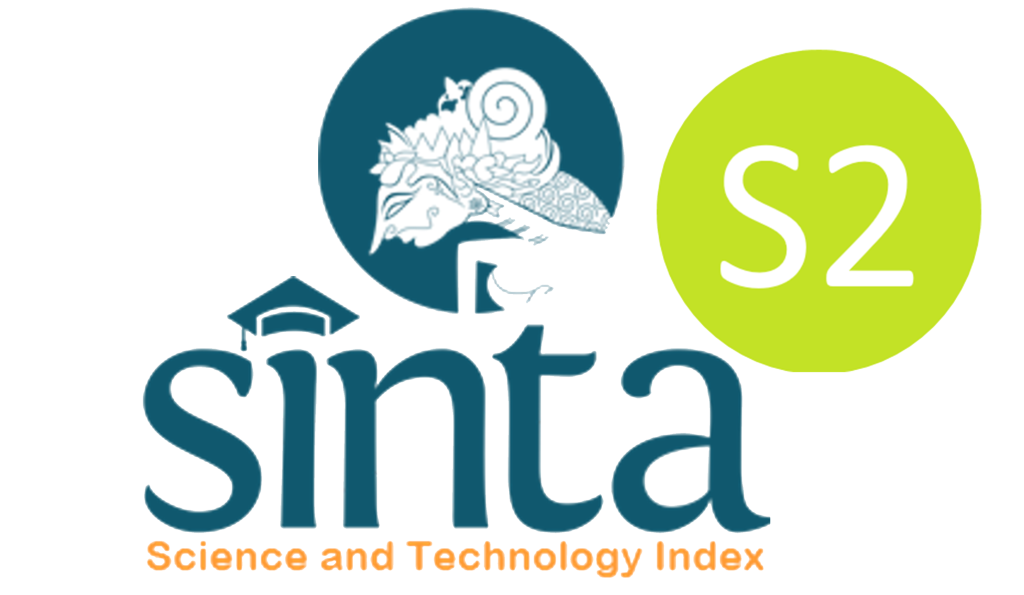EDUCATION STATUS OF MUSLIM WOMEN IN KAYALPATTINAM
DOI:
10.54443/ijerlas.v5i6.4262Published:
2025-10-16Downloads
Abstract
In Tamil Nadu, education was regarded as an important aspect of society. During the pre-British period, Muslim women received little attention in education, as male education dominated. Though Islam encouraged women’s learning, social customs like the purdah system and early marriages restricted their access. The arrival of the British and the influence of Christian missionaries marked a turning point in Muslim women’s education. Before 1850 A.D., there were no organized Muslim institutions in Tuticorin; education took place at teachers’ homes where Lebbais taught the Quran, Arabic, moral values, Tamil, and basic mathematics. Most families depended on fishing, weaving, cultivation, and cattle grazing for livelihood, which limited girls’ education. Kayalpattinam, an ancient settlement famous since the Sangam age, along with Korkai, Tiruchendur, and Tuticorin, became centers symbolizing Muslim culture and learning in southern Tamil Nadu.
Keywords:
Muslim women Kayalpattinam Islamic education Tuticorin gender inequality traditional occupations fishing, weaving.References
Mathur, Y. B., Women’s Education in India (1813-1966), Asia Publishing House, Mumbai, 1974, p-30.
Zinat Kausar., Muslim Women in Medieval India, Janaki Prakashan Publisher, Bihar, 1992, pp. 36-39.
Ibid., p. 46.
G.O. No. 1888, Education department, 24th January 1926.
Venkatesan. G., History of Contemporary India (1947-2007), V. C., Publications, Chennai, 2010, p. 89.
Mathur. Y.B., Op. Cit., P. 49.
Report on the education commission, part 1, 1881-1882, Government Press, Madras, 1882, p. 64.
Interview with Alhai Amidha Alimha Mahalarahul Qudriya Arabic college of Kayalpattinam Dated on 19th September 2019.
Ahmad Imtiaz, Educational Development of Minorities, APH, Publication corporation, New Delhi, 1989, p. 91.
Ibid., p. 103
G.O. No. 678, Education Department, 30th October 1884.
Report on the Public Instruction in the Madras Presidency 1887-1888, Government Press, Madras, 1888, p. 102.
Manickam. S., Slavery in the Tamil country: A Historical Overview, Christian literature society, Madras, 1982. Pp. 122-124.
Ibid., p. 96
B.S. Baliga, Selection from the Educational Records of the Government 1859-1971, Government Press, Madras, 1972. P.73.
Madras Legislative assembly debates Vol. XV., September, 1927, p. 187.
Zinat Kausar, Op. Cit., 51.
Awah Bighari Pandey., Society and Government in Medieval India, Central Book Distributors, Chennai, 1965. Pp. 60-65.
Ibid., p. 88
Abdul Latiff, R.S., The Concise History of Kayalpatnam, Shamsudeen Appa Publication, Kayalapatnam, 2004. P.66.
Mohamad Taher., Educational Development in Muslim World, Ane Books., Pvt. Ltd., New Delhi., 1994. P. 120.
Ibid., p. 129.
G.O. No. 1836, Education Department, 07th March 1889.
G.O. No. 2431, Education Department, 24th May 1881.
Manual of the Administration of the Madras Presidency, vol. I. 1909.
Nanda, B.R., Indian Women, Vikas Publication House, New Delhi, 1976. P. 80.
Manickam S., Op. Cit., P. 137.
Charis Waddy, Women In Islamic History, Longman Publication, London, 1980, p. 45.
License
Copyright (c) 2025 S. Benazeer

This work is licensed under a Creative Commons Attribution 4.0 International License.









